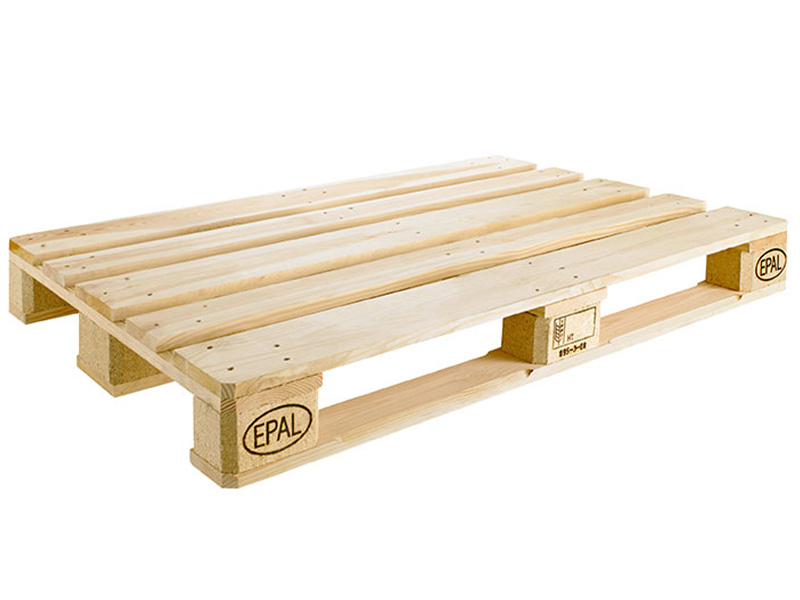Cost-Effectiveness of EPAL Pallets for Indian Manufacturers
from web site
In today's globalized economy, efficient logistics and transportation are crucial for manufacturers looking to compete in international markets. One key element in this supply chain is the humble yet essential pallet. For Indian manufacturers considering their options, EPAL pallets have emerged as a compelling choice. Let's explore why these standardized wooden pallets might be a cost-effective solution for transporting goods.

What are EPAL pallets?
EPAL pallets are standardized wooden pallets used for transporting goods across various industries. EPAL stands for "European Pallet Association," the organization responsible for setting the standards and ensuring the quality of these pallets. While their name suggests a European origin, EPAL pallets have gained worldwide recognition and adoption due to their reliability and uniformity.
Benefits for Indian manufacturers:
Global compatibility: EPAL pallets adhere to strict international standards, making them compatible with logistics systems worldwide. This uniformity can streamline operations for Indian manufacturers exporting goods to multiple countries.
Durability and reusability: EPAL pallets are built to last, often withstanding multiple trips and reducing the need for frequent replacements. This longevity can lead to significant cost savings over time.
Quality assurance: The European Pallet Association's rigorous quality control measures ensure that each EPAL pallet meets high standards. This reliability can minimize damage to goods during transit, potentially reducing insurance costs and customer complaints.
Sustainability: As wooden pallets, EPAL products are biodegradable and can be easily repaired or recycled, aligning with a growing global emphasis on sustainable business practices.
Cost considerations:
While the initial investment in EPAL pallets may be higher compared to non-standardized alternatives, the long-term benefits often outweigh this upfront cost. Factors to consider include:
Reduced replacement frequency
Lower risk of goods damage
Improved efficiency in automated warehousing systems
Potential for pallet pooling arrangements to share costs
Case study: SVSM Packaging Pvt Ltd
To illustrate the potential benefits, let's look at SVSM Packaging Pvt Ltd, an Indian manufacturer that has successfully implemented EPAL pallets in its operations. By switching to these standardized pallets, SVSM Packaging reported:
A 30% reduction in pallet-related costs over three years
Improved relationships with European clients due to seamless integration with their logistics systems
Decreased product damage during shipment, leading to higher customer satisfaction
Conclusion:
For Indian manufacturers looking to optimize their logistics and compete effectively in global markets, EPAL pallets offer a compelling value proposition. While the initial investment may be higher, the long-term cost savings, operational efficiencies, and potential for improved customer satisfaction make them worth considering. As with any business decision, manufacturers should carefully evaluate their specific needs and conduct a thorough cost-benefit analysis before making the switch.
